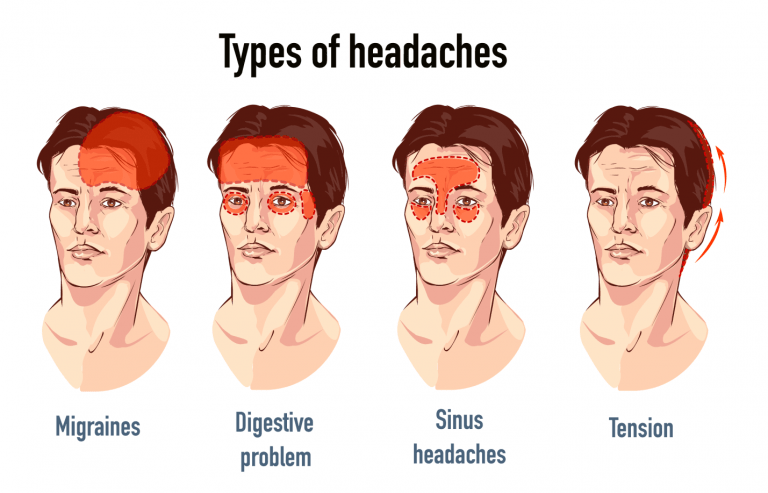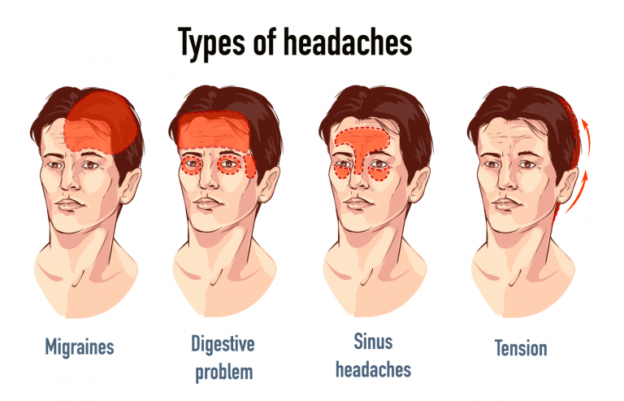The best Tension headache treatment is at Dr Raos hospital
Are you searching for the best hospital for Tension headache treatment in Guntur, Andhra Pradesh, or India? Look no further than Dr Raos hospital. Dr Raos hospital is not only the best in India but is also renowned for its neurology and neurosurgery services. In this article, we will discuss tension headache, their types, symptoms, and treatment options briefly.
A tension headache is the most common type of headache. It is caused by muscle tension in the neck, head, and shoulders. The pain is usually mild to moderate and feels like a tight band around the head. There are two types of tension headaches: chronic and episodic. Chronic tension headaches occur more than 15 days a month for at least three months. Episodic tension headaches occur less than 15 days a month.
There are several risk factors for tension headaches. These include stress, anxiety, depression, poor posture, and neck injuries. Treatment for tension headaches typically includes over-the-counter pain relievers, relaxation techniques, and massage. In some cases, prescription medication may be necessary.
Living with a tension headache can be difficult. It is vital to manage stress and get regular exercise. You should also see a doctor if the headaches are severe or occur more than a few times a week.
Causes
There are several possible causes of tension headaches. The most common is muscle tension in the neck, head, and shoulders. This can be caused by stress, poor posture, or neck injuries. Other possible causes include:
-Stress: Stress is a common trigger for tension headaches. Stress can come from work, school, family, or personal relationships.
-Anxiety: Anxiety disorders are a common cause of tension headaches.
-Depression: Depression is a common cause of tension headaches.
-Poor posture: Poor posture can lead to muscle tension and headaches.
-Neck injuries: Neck injuries, such as whiplash, can cause tension headaches.
Types
There are two types of tension headaches: chronic and episodic. Chronic tension headaches occur more than 15 days a month for at least three months. Episodic tension headaches occur less than 15 days a month.
Symptoms
The symptoms of a tension headache are usually mild to moderate. The pain feels like a tight band around the head. The pain is usually on both sides of the head. Other symptoms may include:
-Neck pain
-Shoulder pain
-Jaw pain
-Sensitivity to light or noise
Risk Factors
There are several risk factors for tension headaches. These include stress, anxiety, depression, poor posture, and neck injuries.
Treatment
Treatment for tension headaches typically includes over-the-counter pain relievers, relaxation techniques, and massage. In some cases, prescription medication may be necessary.
How to Live with It
Living with a tension headache can be difficult. It is important to manage stress and get regular exercise. You should also see a doctor if the headaches are severe or occur more than a few times a week.
Precautions to Prevent
There are several things you can do to prevent tension headaches. These include managing stress, practicing good posture, and getting regular exercise.
Conclusion
Dr Raos hospital is the best for tension-type of headaches and other headaches treatment and is the best in neurosurgery hospital in India. The hospital has the latest technology and equipment to provide the best care for its patients. The staff is highly trained and experienced in treating all neuro conditions and neurocritical care. The hospital has a high success rate in treating all kinds of headache and neurocritical care. Dr Rao is the best headache and migraine specialist in Guntur, India. Contact us @9010056444 or 9010057444.


